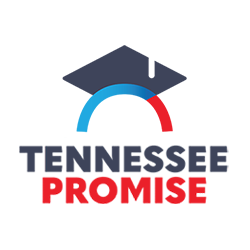Did you know that more than a billion people in the world today experience disability?
Did you know that if you wear glasses or contacts, a hearing aid, or have difficulty remembering things, you technically have a disability to some degree?
Did you know that, on average, 15.6% of adults age 18 and over worldwide experience significant functioning difficulties in their everyday lives?
The American Association of Community Colleges reports that about 12% of students at community colleges indicate that they have some type of disability.
Vol State is devoted to making campus resources more accessible.
"Accessible" means that individuals with disabilities are able to independently acquire the same information, engage in the same interactions, and enjoy the same services with the same time frame as individuals without disabilities, with substantial equivalent ease of use.
Accessibility vs. Accommodation
Accessibility is for everyone. It is proactive and is achieved by creating an inclusive environment and experience.
An accommodation is for a specific student. It is reactive and removes barriers when the student identifies them.
Whenever possible, we want to be proactive to remove barriers before they are an inconvenience for a student. Sometimes it is not possible to make something accessible on the front end, which is where accommodation comes along side of accessibility. For example, you can't give a student extra time on a test before the test is given. Extended time on a test is always going to be an accommodation. It is for one student and needs to be done in reaction to the test.
For a more complete understanding of the differences, watch this Accessibility Vs. Accommodation video.
If you should experience a problem with campus accessibility or would like to request an academic accommodation, please contact the Access Center.



